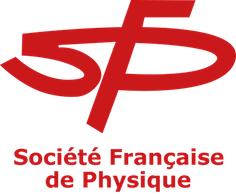Orateur
Description
The Deep Underground Neutrino Experiment (DUNE) is a long-baseline project that will study an accelerator-made neutrino beam produced at Fermilab. DUNE will consist of two detectors placed in the path of the neutrino beam, one near the source and one at the Stanford Underground Research Facility, at a distance of 1300km and protected by a 1500m rock overburden. Fundamental features of neutrino oscillation physics, such as leptonic CP violation and the mass hierarchy, as well as supernovae and proton decay physics, will be studied with high precision during more than 10 years of data taking, starting in 2026. The far detector technology consists of four 60m x 12m x 12m liquid argon time projection chambers (LArTPC). Each module contains 10kt of fiducial mass and will be able to reconstruct the 3-dimensional trajectories of charged particles passing through argon. Two designs are currently proposed for the far detector modules: one with only liquid argon (Single-Phase), the other containing a small volume of gaseous argon at the top of the active volume (Dual-Phase). The latter includes an electron multiplier device designed to increase the ionization signal before its collection. Both designs are currently being tested with 6m x 6m x 6m active volume prototypes at CERN. My PhD is centered on the Dual-Phase technology and in particular the development of signal and trajectory reconstruction algorithms created or adapted for its unique features.
